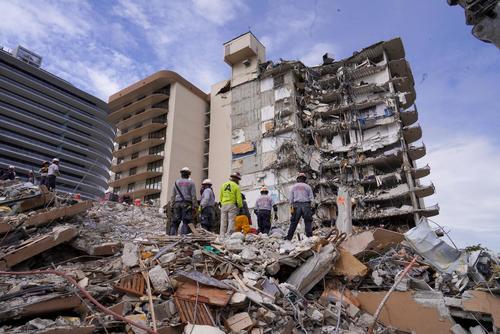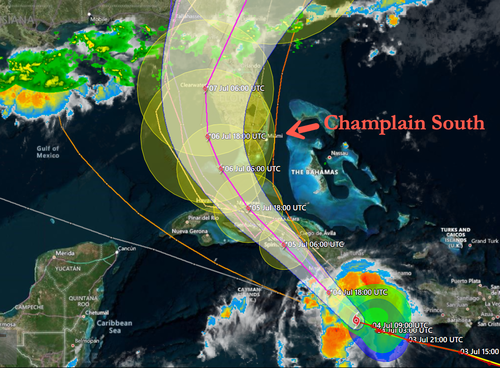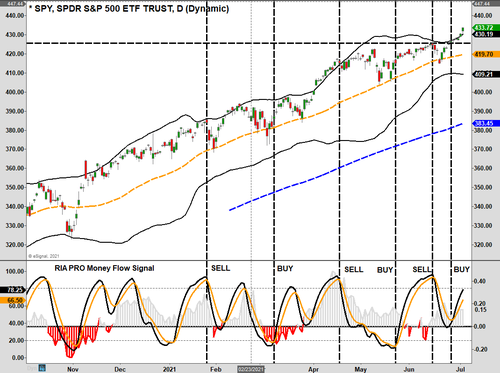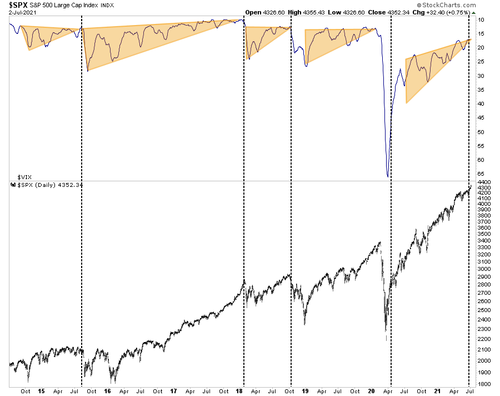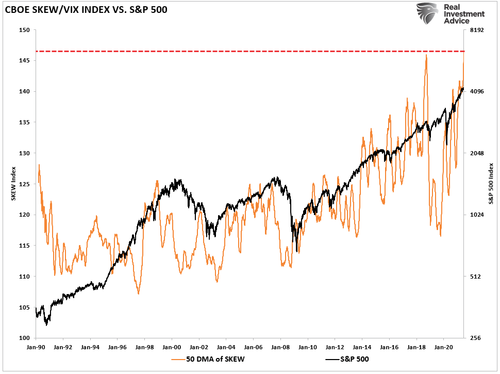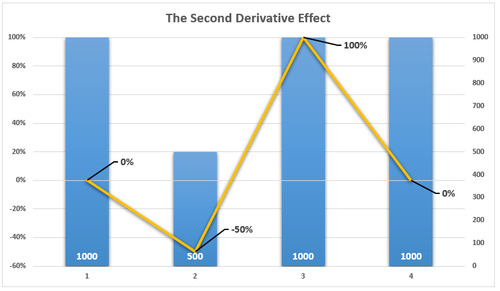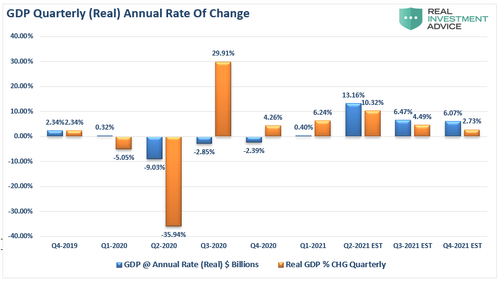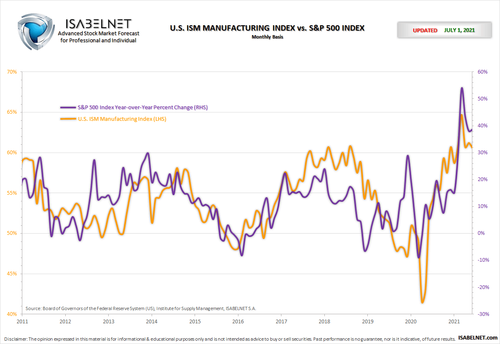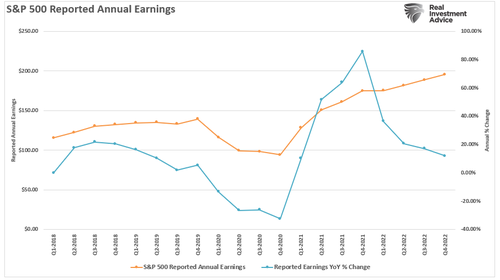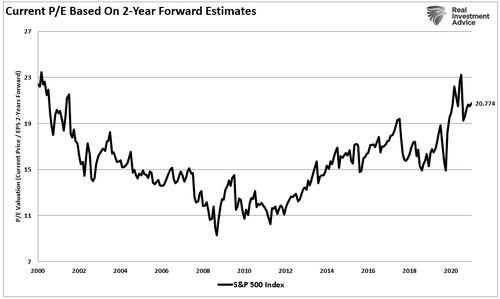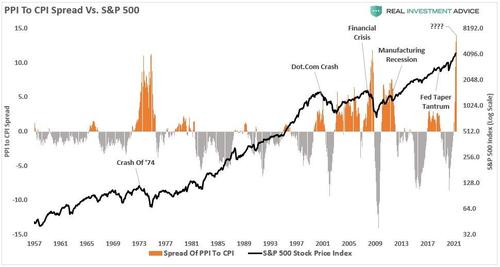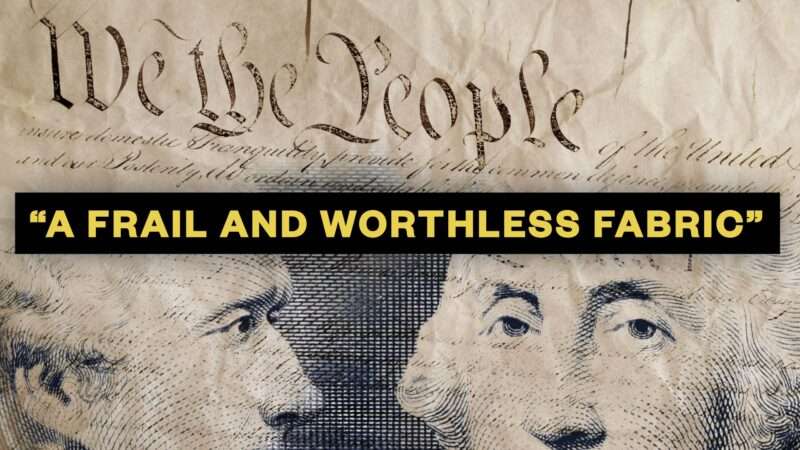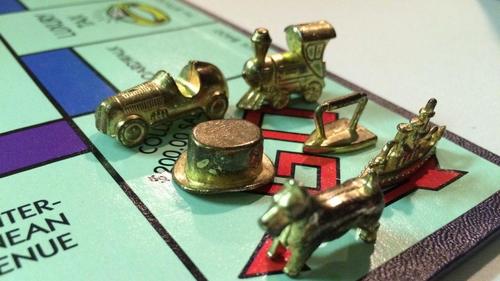As Housing, Gas, & Healthcare Costs Soar; Biden Admin Distracts With Ridiculous Brag About 16c Savings On July 4th BBQ Costs
Authored by Grant Atkinson via The Western Journal,
With Independence Day upon us, the United States faces rising inflation and higher prices on many common commodities. Yet according to President Joe Biden’s administration, everything is just peachy.
The White House tweeted Thursday bragging that the average price of a cookout for July 4, 2021, is a whole 16 cents cheaper than last year.
Planning a cookout this year? Ketchup on the news. According to the Farm Bureau, the cost of a 4th of July BBQ is down from last year. It’s a fact you must-hear(d). Hot dog, the Biden economic plan is working. And that’s something we can all relish. pic.twitter.com/7h9qLauIbC
— The White House (@WhiteHouse) July 1, 2021
According to the White House, this incredibly minor decrease in the average price of a summer cookout proves “the Biden economic plan is working.”
There’s a glaring problem with this happy-go-lucky announcement filled with picnic puns: Prices on most common items have gone up since Biden took office.
According to the New York Post, a gallon of gas cost the average American $3.09 on Monday. That is the highest average heading into the July 4 weekend since 2014.
“Today, 89 percent of US gas stations are selling regular unleaded for $2.75 or more,” AAA spokesperson Jeanette McGee said.
“That is a stark increase over last July 4 when only a quarter of stations were selling gas for more than $2.25. Road trippers will pay the most to fill up for the holiday since 2014.”
This shows just how tone-deaf the White House’s tweet really was. Anyone who saves 16 cents on their picnic food will pay that and more in increased gas prices just to get to the grocery store or a friend’s house.
A big factor contributing to the soaring gas prices is a severe shortage of drivers for tank trucks in charge of delivering fuel to the gas stations.
“It used to be an afterthought for station owners to schedule truck deliveries,” Tom Kloza, global head of energy analysis for the Oil Price Information Service, told CNN. “Now it’s job number one.
“What I’m worried about for July is the increased demand works out to about 2,500 to 3,000 more deliveries needed every day. There just aren’t the drivers to do that.”
Some gas stations fear they will run completely out of gas over the holiday weekend. The New York Post reported prices are likely to keep skyrocketing through at least the end of the summer.
It is all okay, though, because you can buy a pound of sliced cheese for 1 percent less than it would have cost you last July 4. Hooray!
The Daily Wire perfectly summed up the irony of the situation in a Thursday tweet sarcastically celebrating the 16-cent savings.
When gas prices went up but you saved .16 cents on your bbq pic.twitter.com/vDp5af6317
— The Daily Wire (@realDailyWire) July 2, 2021
Unfortunately, gas is not the only commodity experiencing significant price increases, according to a June 12 article from The Washington Post.
In just one year, furniture prices are up 8.6 percent, used cars are up 29.7 percent, airfare is up 24.1 percent and clothes are up 5.6 percent.
If you want a new bathing suit to wear or a nice lawn chair to sit in during your summer gathering, you will once again have to cough up that 16 cents you saved on your cookout. A dime, a nickel and a penny can only stretch so far.
If Biden’s ultimate goal was to save the average American a few cents on a half-gallon of ice cream, it’s fair to call his economic policies a success. But by any remotely realistic measure, they are already an abject failure.
* * *
The White House’s ridiculous statement even raised the eyebrows of The Babylon Bee crew…
Local man Henry Truckman was filling up his gas tank today in preparation for the holiday weekend.
The 19-gallon tank in his 2016 Camaro cost nearly $95 to fill up, and he was feeling pretty down about how expensive gas is under the Biden administration—that is, until he pulled up Twitter and saw that a slice of cheese would cost him 16 cents less this year, thanks to Uncle Joe.
“Wow — a whole 16 cents! Thanks, Biden!” he said, his mood having instantly shifted to one of joy and optimism.
“This will change everything! I’d better drive home and tell the wife!” He happily drove toward his house, spending over $5 in gas to drive the 20 miles home.
Americans everywhere are pumped for the full 16 cents they will be saving on barbecues this year, as long as they don’t have to drive anywhere to pick up their groceries, since the gas costs would offset any savings on onions, mustard, and relish. But, according to the White House, as long as the nation is willing to walk to the grocery store, keep their air conditioning off, and not buy any chips or soda, they’ll have a full 16 cents to burn.
“And you can take that to the bank!” said President Biden happily.
“16 cents will buy a lot. You can go get a sody pop down at the hop, pick up 16 candies, or even go see one of those new talkies!”
Tyler Durden
Sun, 07/04/2021 – 13:30
via ZeroHedge News https://ift.tt/2Trxygr Tyler Durden

